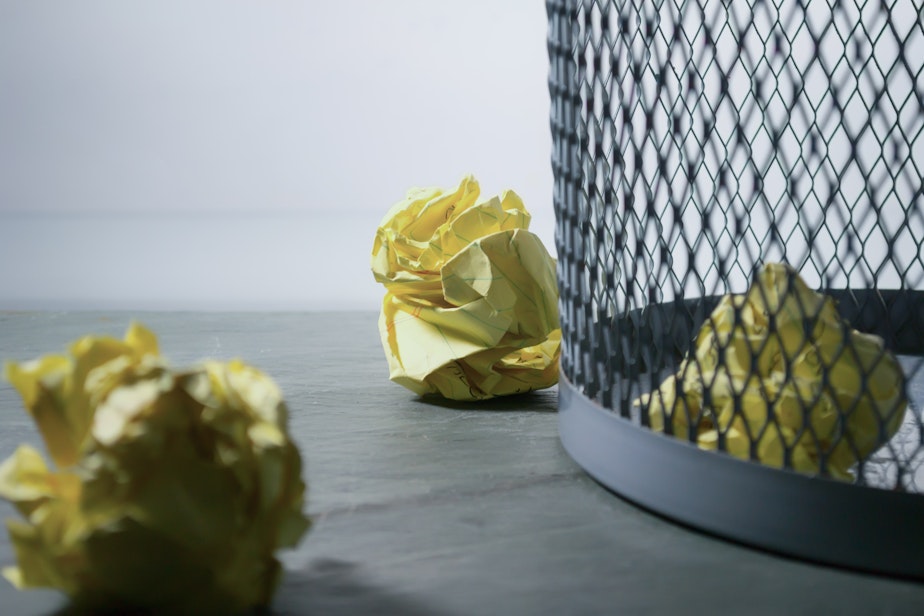It's time to ditch imposter syndrome

We've been talking about imposter phenomenon, better known as imposter syndrome, since the 1970s. Seattle writers Ruchika Tulshyan and Jodi-Ann Burey say it's time to let it go. Plus, what impact a new access road could have on conservation at Mount St. Helens, and a discussion on gentrification in Seattle.
Individual segments are available in our podcast stream or at www.kuow.org/record.
Stop telling women they have imposter syndrome
We've been talking about imposter phenomenon, better known as imposter syndrome, since the 1970s. Seattle authors Ruchika Tulshyan and Jodi-Ann Burey say it's time to let it go.
To build an access road, or not to build an access road
Forty-one years ago Mount St Helens erupted. That blast wiped out so much life on the mountain that it created a rare opportunity for scientists to study how life returns, and how ecosystems form and work. A proposed forest service access road could hurt that research. Bill Radke spoke to Professor Jim Gawel of the University of Washington Tacoma.
Seattle is gentrifying, so what do we do about it?
Bill Radke spoke to three people that have been creating space for communities of color in an increasingly gentrified Seattle. Sadiqua Iman is with Black & Tan Hall, an arts space and restaurant opening soon in Hillman City. Evana Enabulele is with Queer the Land, a collective that recently bought a house on Beacon Hill. And Ubax Gardheere is from Seattle’s Office of Planning and Community Development.




